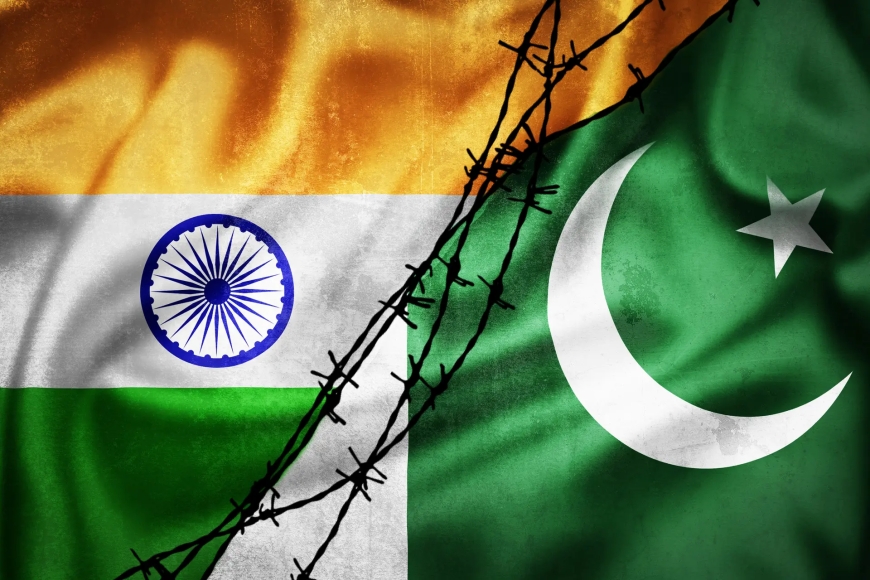India-Pakistan Agree to Full Ceasefire, Confirms Ministry of External Affairs
In a significant breakthrough amid rising tensions, India and Pakistan have agreed to a full and immediate ceasefire. The development was confirmed by India’s Ministry of External Affairs, with Foreign Secretary Vikram Misri stating that a ceasefire between the two countries would come into effect from 5 PM today.

According to Misri, Pakistan’s Director General of Military Operations (DGMO) contacted his Indian counterpart at 3:35 PM today. During the conversation, both sides agreed to halt all forms of military action—on land, in the air, and at sea—from 5 PM onwards. Both governments have issued directives to their respective forces to implement the ceasefire. The two DGMOs are scheduled to speak again at 12 noon on May 12 to review the progress.
Indian External Affairs Minister Dr. S. Jaishankar also confirmed the agreement, stating, “India and Pakistan have agreed to cease all military action. India remains firmly committed to combating terrorism in all its forms and manifestations.”
Former U.S. President Donald Trump took to his social media platform, Truth Social, to announce the ceasefire, stating, “After a long night of U.S.-mediated talks, I am pleased to announce that India and Pakistan have agreed to a full and immediate ceasefire. Congratulations to both countries for using common sense and intelligence.”
U.S. Secretary of State Marco Rubio echoed the sentiment on X (formerly Twitter), noting that he and Vice President JD Vance had been in contact with key Indian and Pakistani leaders over the past 48 hours, including PM Narendra Modi, PM Shehbaz Sharif, EAM S. Jaishankar, Pakistan Army Chief Gen. Asim Munir, and National Security Advisors Ajit Doval and Asim Malik. He praised both nations for choosing the path of peace and confirmed that broader talks would follow.
The announcement marks a crucial step towards regional stability in South Asia.













































